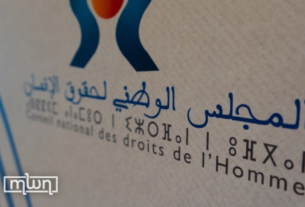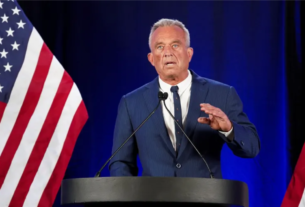The Philippines and New Zealand are set to finalize a Visiting Forces Agreement (VFA) in 2025 to enhance military cooperation. This agreement will allow both countries to host each other’s troops for training, joint exercises, and humanitarian missions, strengthening ties between the two nations.
The VFA is a response to growing concerns over regional security in the Asia-Pacific, particularly due to China’s increasing influence in the area. Both countries view the agreement as a key step in bolstering their defense relationship and ensuring stability in the region. As China’s military presence continues to expand, the Philippines and New Zealand are seeking to strengthen their military capabilities through closer collaboration.
Under the agreement, New Zealand forces will be allowed to conduct military exercises and training activities in the Philippines. The agreement will also enable both nations to provide mutual assistance during natural disasters, an important consideration for the Philippines, which is prone to typhoons and earthquakes. These provisions are expected to enhance both countries’ ability to respond to emergencies and improve their defense readiness.
Both the Philippines and New Zealand have expressed their goal of finalizing the VFA by the end of 2025. Once the agreement is complete, it will pave the way for more joint military activities, including disaster relief operations and counter-terrorism efforts. The Philippines, which has already established security partnerships with countries like the United States through agreements such as the Enhanced Defense Cooperation Agreement (EDCA), will further solidify its strategic position in the Indo-Pacific region.
New Zealand, historically a non-aligned country, has shown a growing interest in regional security. The VFA is seen as an important step in allowing New Zealand to play a more active role in addressing security challenges in the Asia-Pacific. While New Zealand has traditionally focused on peacekeeping and humanitarian efforts, the VFA will allow it to engage in military exercises alongside the Philippines, improving defense capabilities in the face of regional threats.
The agreement is expected to have several benefits, including enhancing military training and improving the ability to respond to natural disasters. Both countries are focused on strengthening their defense capabilities, particularly in areas such as peacekeeping, disaster relief, and counter-terrorism. With rising geopolitical tensions in the Asia-Pacific, the VFA will also help the Philippines and New Zealand maintain a more coordinated response to security threats.
For the Philippines, the VFA represents an opportunity to deepen its defense cooperation with a like-minded country. As tensions with China continue to rise, the Philippines is looking to solidify its defense framework through partnerships with countries that share similar strategic goals. The VFA with New Zealand adds to the Philippines’ broader efforts to increase its regional security presence and strengthen its position in the Indo-Pacific.
The agreement is also expected to provide economic benefits, particularly in the areas of military infrastructure and joint training programs. As the Philippines continues to modernize its military, the partnership with New Zealand will allow for the sharing of resources and expertise. Both countries anticipate that closer cooperation will help create a stronger, more resilient defense posture in the region.
As the Philippines and New Zealand work to complete the VFA, it signals a growing importance of regional security alliances. The agreement represents an important step in ensuring the stability of the Indo-Pacific region and addressing security challenges. For both countries, the VFA marks the beginning of a stronger defense relationship that could have a significant impact on regional geopolitics in the coming years.




